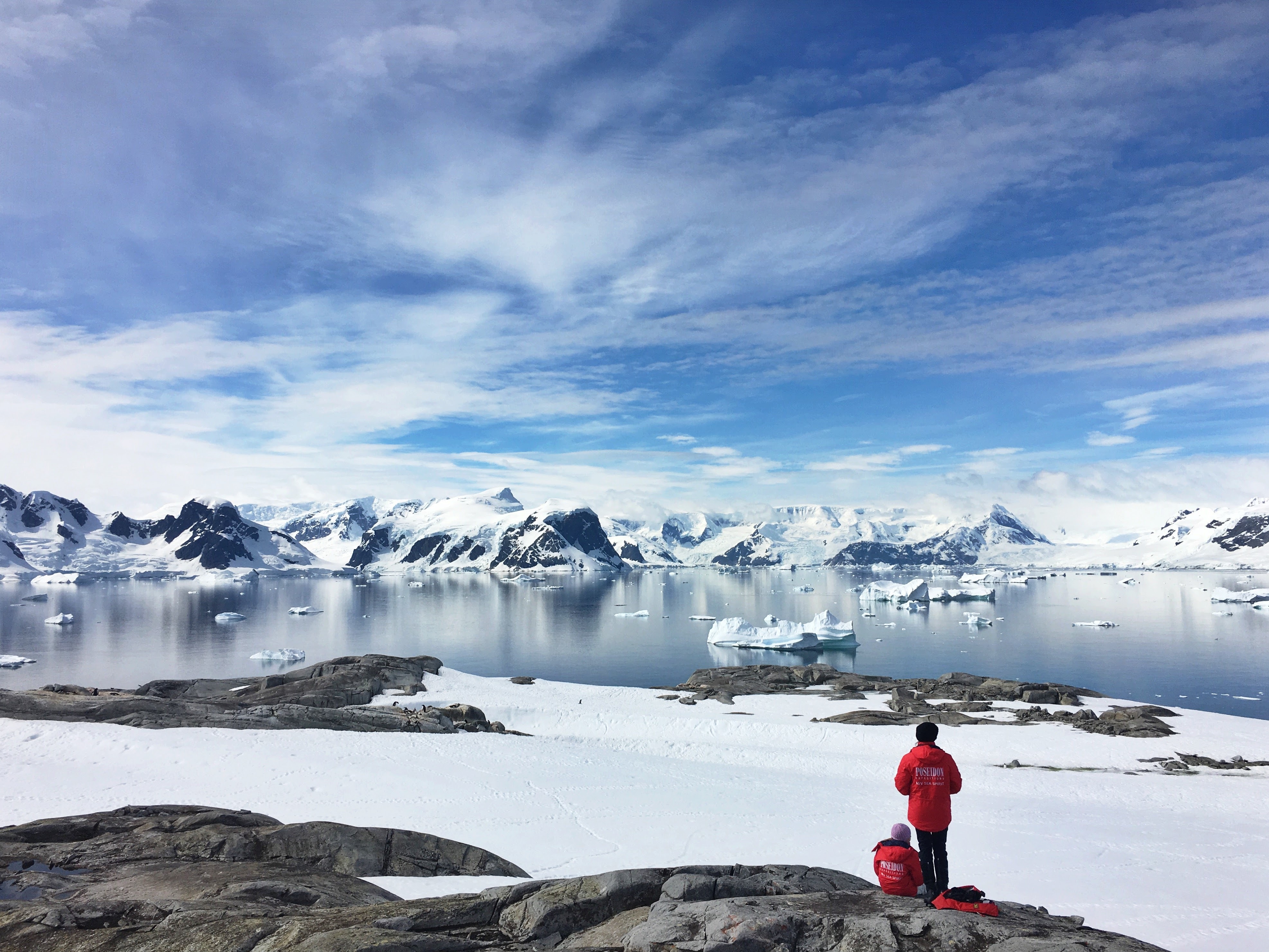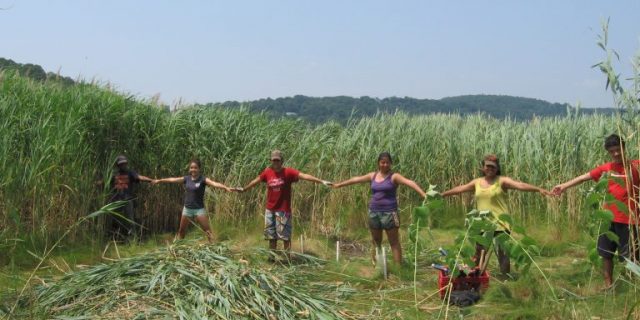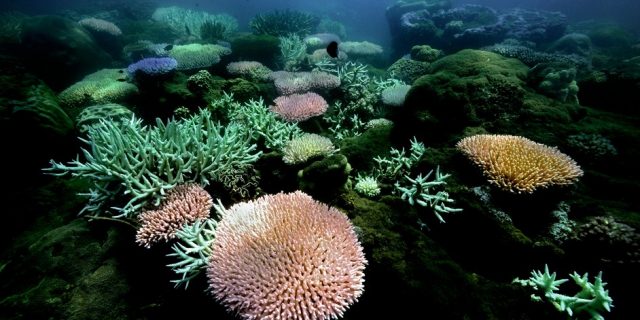Earth’s climate is now changing faster than at any time in human history — changes that impact every facet of human existence such as our secure access to food, water, shelter, and health, and the vitality of land and ocean ecosystems that sustain all life.
Our planet’s predicament calls for action. Columbia scientists are committing to accelerate our understanding of how climate impacts life’s essentials, to build better predictions of the future, and to develop viable solutions to build a prosperous, low-carbon future.

Climate Impacts
How will climate impact us? We want to understand how climate change will impact those things we care about most: food, water, shelter, energy, and health. How will climate impact crop growth and food availability? What are the risks to human life and property from climate and extreme weather? How are human activities changing land use, ecosystems, and biodiversity? How are the oceans changing? Can we improve sea level rise estimates? These big questions need urgent answers.

Better Predictions
When and where will these changes occur? As a pioneering leader in seasonal to interannual climate prediction, Columbia will lead new efforts to skillfully predict future climate change and regional variability on timescales of years to decades into the future. The oceans are changing rapidly as well, and we need to understand how warming and acidification impact marine life and ecosystems. A focused effort to understand our immediate future can guide human adaptation and build resilience.
Advancing Solutions
Solutions to climate change will involve spurring innovation to manage carbon emissions and repowering the planet to guide deep decarbonization of the economy. Columbia scientists are developing technologies that will capture carbon dioxide from the atmosphere and store it in underground rock formations as inert carbonate minerals. Our nanotechnology scientists are developing new, more efficient, less expensive solar photovoltaic nanomaterials.
-
The Secondary School Field Research Program offers a diverse group of young people a unique opportunity to do field and laboratory research.
-
The Columbia study provides more evidence that genetic-sequencing can reveal evolutionary differences in reef-building corals that one day could help identify which strains could adapt to warmer seas.
-
GreenDrill promises to reveal the ice sheet’s past in unprecedented detail and enable more accurate predictions of how it may add to rising seas in the 21st century.









